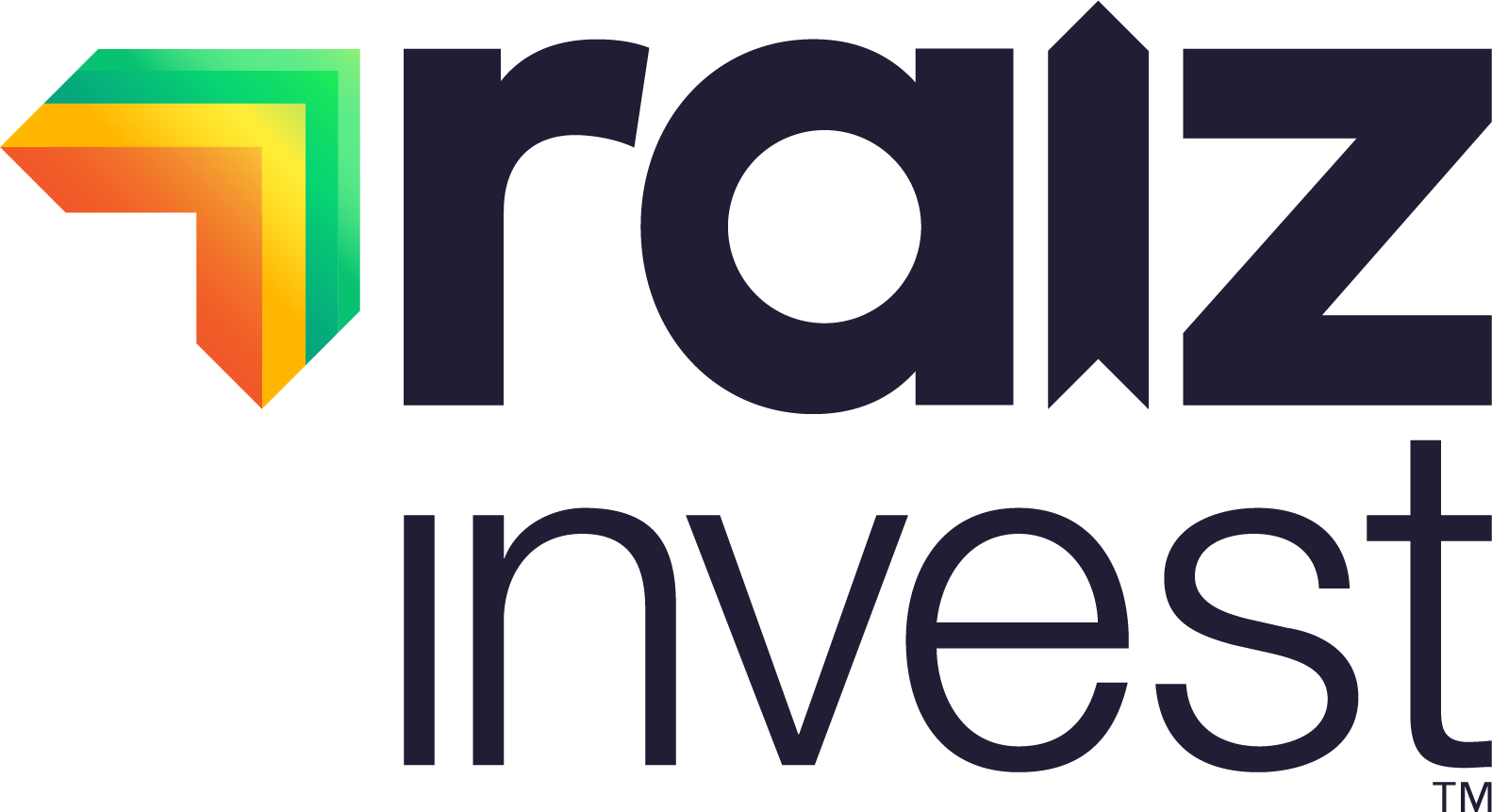What does liquidity mean?
 If you’re starting out as an investor you may have heard about something called “liquidity”, but you may not be exactly sure what it is or what the term refers to.
If you’re starting out as an investor you may have heard about something called “liquidity”, but you may not be exactly sure what it is or what the term refers to.
That’s totally understandable as there are lots of concepts to come to grips with when you’re getting investing and it takes time to figure them all out.
The concept of liquidity is an important one to understand because in the context of financial markets it affects many aspects of how markets operate.
What is liquidity?
Simply put, liquidity refers to how easily an asset or security, such as shares, can be bought or sold in the market at a price reflecting its true worth, or in other words, its intrinsic value.
In a practical sense, this means that liquidity can be thought of as how easy it is to convert an asset to cash, which is considered the most liquid asset of all.
Assets can be placed on a scale from liquid to illiquid, depending on how easily they can be converted to cash. So-called tangible assets, like collectibles (cars, rare books etc) property and fine art, are considered relatively illiquid, while stocks are considered rather liquid.
Meanwhile, the liquidity of other assets such as contracts, currencies, commodities and derivatives commonly depends on how many players are in the market, their size and the amount of assets listed.
Characteristics of a liquid asset
Cash is considered the most liquid asset as it can be exchanged for goods and services instantly with no loss of value. In other words, you don’t have to wait for a suitable buyer of the cash and it can instantaneously be used to do things like selling, buying or paying down debt.
This contrasts with an illiquid asset that’s tough to sell unless you drop the price significantly. This could be to a lack of market actors (buyers and sellers) or to scepticism about the asset’s underlying value.
What’s market liquidity?
So, we’ve covered liquidity generally, but what about liquidity as it relates to the share market, or other financial markets. This is what’s generally known as market liquidity and it refers to how easy or hard it is for assets in a particular market to be bought and sold at stable prices reflective of true value.
The stock market is generally characterised by higher market liquidity meaning that, unless it is uncharacteristically dominated by selling, the bid price (the price a buyer offers per share) and the ask price (the price the seller is willing to accept) will be pretty close. One of the advantages of ETFs is their liquidity.
Watch out for illiquid markets
Liquid markets are usually a good thing. High levels of liquidity occur when there is a lot of trading activity and both high supply and demand for an asset, leading to less risk. But even in share markets, remember that some shares trade more actively than others on, meaning there is more of a market for them and they are more liquid than other, less traded, stocks.
By contrast, in an illiquid market, there may be only a few market participants and trading is infrequent, meaning that they carry higher risks. This is known as liquidity risk and becomes more prominent during times of market turmoil when holders of illiquid assets may find it hard to sell without losing a substantial amount of money.
The most widely known illiquid investments include hedge funds, property, private equity and infrastructure, and investing in these types of assets is usually not done by newbies.
Don’t have the Raiz App?
Download it for free in the App store or the Webapp below:
Important Information
The information on this website is general advice only. This means it does not take into account any person’s particular investment objectives, financial situation or investment needs. If you are an investor, you should consult your licensed adviser before acting on any information contained in this article to fully understand the benefits and risk associated with the product.
A Product Disclosure Statement for Raiz Invest and/or Raiz Invest Super are available on the Raiz Invest website and App. A person must read and consider the Product Disclosure Statement in deciding whether, or not, to acquire and continue to hold interests in the product. The risks of investing in this product are fully set out in the Product Disclosure Statement and include the risks that would ordinarily apply to investing.
The information may be based on assumptions or market conditions which change without notice. This could impact the accuracy of the information.
Under no circumstances is the information to be used by, or presented to, a person for the purposes of deciding about investing in Raiz Invest or Raiz Invest Super.
Past return performance of the Raiz products should not be relied on for making a decision to invest in a Raiz product and is not a good predictor of future performance.




